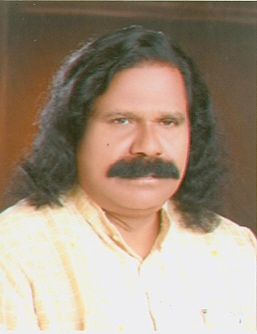Nand Kumar Sai takes charge as Chairperson of NCST
Senior tribal leader from Chhattisgarh and ex-parliamentarian Nand Kumar Sai (71) took charge as Chairperson of National Commission for Scheduled Tribes (NCST) in Delhi.
He succeeds Rameshwar Oraon, whose tenure had ended on October 31, 2016. He will have tenure of three years and has been given the rank of Union Cabinet Minister.
About Nand Kumar Sai
- He is actively involved in spread of education in tribal areas. He was in the forefront of various movements to oppose atrocities and exploitation of tribals.
- He was elected to Madhya Pradesh legislative assembly in 1977, 1985 and 1998. He was also elected to the Chhattisgarh legislative assembly in 2000. He was the first leader of opposition in the House.
- He was elected to the Lok Sabha in 1989, 1996 and 2004 and also to Rajya Sabha in 2009 and 2010.
- He has served as member of parliamentary standing committee on coal and steel and parliamentary consultative committee of Ministry of Urban Development and Ministry of Social Justice and Empowerment.
About National Commission for Scheduled Tribes (NCST)
- NCST is constitutional body set up under Article 338A added through Constitution (89th Amendment) Act, 2003. It was bifurcated from erstwhile National Commission for Scheduled Castes and Scheduled Tribes.
- The First commission was constituted on 2004 with Kunwar singh as the chairperson.C
- Composition: Chairperson, a Vice-Chairperson and three full-time Members (including one lady Member). All of them have tenure of three years from the date of assumption of charge.
- Functions: Investigate and monitor all matters relating to the safeguards provided for the STs under the Constitution or under any other law or under any order of the Government and evaluate the working of such safeguards
- Inquire into specific complaints with respect to the deprivation of rights and safeguards of STs.
- Participate and advise in planning process of socio-economic development of the STs and to evaluate the progress of their development under the Centre and any State;
- Present President, annually reports upon the working of those safeguards.
- To make in such reports, recommendations as to measures to be taken by Governments for effective implementation of those safeguards and other measures for the protection, welfare and socio-economic development STs.
Month: Current Affairs - February, 2017





